Augmented reality workshop opportunities can provide usage experience and training with a variety of AR frameworks. It’s a personalized approach to learning about technologies that overlay digital elements onto the physical world. The workshops teach people how to use AR in any environment or industry. Participants don’t just learn theory but practice as well.
In this article, you’ll discover the workshop basics, their constituent elements, how to choose between them, and methods to optimize your learning experience.
Table of Contents:
- What is an Augmented Reality Workshop?
- Types of AR Workshops
- Core Components of an Augmented Reality Training Session
- Who Can Benefit from an AR Workshop?
- How to Choose the Right AR Training Workshop
- Popular Augmented Reality Workshop Providers in 2025
- Coursera/Daydream: Introduction to Augmented Reality
- Coursera/Meta: Meta AR Developer
- Coursera/Meta: Foundations of AR
- Tandon School of Engineering: AR/VR Development
- MIT xPro: Virtual Reality and Augmented Reality
- Udemy/Protech Academy: Create Your Own AR Application
- Coursera/University of Michigan: Extended Reality for Everyone
- Udemy: Build 15 Augmented Reality Apps
- Udemy: Augmented Reality with Unity
- MIT Media Lab and Stanford University
- How You Can Benefit from Attending an AR Workshop
- The Role of Augmented Reality in Modern Classrooms
- Augmented Reality Builder Options; Building Your Digital Dreams
What is an Augmented Reality Workshop?
An AR workshop, at the most basic level, is an interactive environment that can teach you various skills related to augmented reality. This usually comes in the form of demos, guided instruction, projects created with fellow attendees, and more. Likewise, the tools reflect the industry’s state of the art and the proven favorites like ARKit, ARCore, and Unity. The workshops give people of every skill level the chance to learn, from beginner to advanced industry professionals looking to hone their skills. If you want to learn more about AR technology, read “Augmented Reality; Learn About AR Tech, Use Cases, Devices, and More!”
Video: Touch and Augmented Reality Workshop Trailer
Types of AR Workshops
You’ll find a tremendous amount of variety in your choices of augmented reality workshops. However, you can start narrowing them down by considering where they’d fit into the following categories.
1. Introductory AR Seminars
These augmented reality workshop options typically last for one or two days. The shorter duration is a perfect stage to teach people about the fundamentals of AR. This includes usage scenarios and the basic elements of using AR. This is often where people first start their longer journey into AR use and development. It’s also generally light on technical prerequisites.
2. Technical AR Bootcamps
An AR bootcamp typically lasts around three to five days. The courses are structured around the goals of people who are coming in with some basic programming experience. Popular tools like ARCore, ARKit, AR Foundation, and Unity are leveraged to guide participants through the AR creation process. The bootcamps are learning through personal, guided experience.
3. Industry-Specific AR Training
A specialized AR workshop emphasizes specific industrial sectors. This can include marketing, entertainment, healthcare, sports, education, manufacturing, and more. The workshops are designed around the unique problems and possibilities inherent in any given field. The technical level varies, but they all present a unique learning experience where you can leverage existing knowledge into new areas. If you want to learn more about augmented reality industries, read “Augmented Reality Industries; An Overview of All Sectors Using AR.”
4. Advanced AR Development Courses
An AR development workshop is typically designed as an intense one to two-week course aimed at people with a solid foundation in the basics of augmented reality. The augmented reality workshop builds on that foundation to provide instruction on advanced elements like optimization, spatial mapping, cross-platform design principles, environmental processing, and occlusion. Instructors typically guide participants through these steps to culminate in a final project for participants to share.

5. AR Certification Programs
Certification programs take an AR workshop to the next level through a larger to four-to-twelve-week-long curriculum. The workshops are a solid match for industry professionals who want to obtain formal accreditation in immersive technologies. As such, the courses put a heavy emphasis on building a portfolio and more advanced elements of AR design. Successfully finishing the workshop involves earning certification and finishing projects that can be used to boost your portfolio.
6. Academic AR Workshops
This form of augmented reality workshop is typically associated with universities and features cutting-edge technology. You’ll typically find a more technical approach to AR that incorporates research-related terms and methodology. This academic approach provides unique elements seldom found in other workshops.
Video: Augmented Reality Workshop
Core Components of an Augmented Reality Training Session
Methodology and a strong structural design are important elements within the best AR workshop options. Always consider the following points.
- Foundations of AR: It covers the foundational elements of AR, including its history and differences from other extended reality techs like mixed reality (MR) and virtual reality (VR).
- AR Hardware and Software: An augmented reality class should cover software development tools like ARKit and ARCore along with hardware such as Magic Leap and Microsoft’s HoloLens.
- Development Environments: An augmented reality workshop will often teach you how to use Unreal Engine and Unity alongside compatible assets to create AR scenes and programmed interactions.
- Design Principles: AR workshop courses should teach the fundamentals and importance of intuitive user interface design and overall usability.
- Project Work: An augmented reality workshop will typically guide you through projects like AR filters to demonstrate and hone your new skills.
- Peer Review and Feedback: An AR workshop leverages social learning to help you through other viewpoints, approaches, and methodologies.
Who Can Benefit from an AR Workshop?
Almost anyone can benefit from an augmented reality workshop. The courses are tailored to match a variety of demographics, including the following:
- Developers: Encompasses individuals who want to improve or learn skills related to AR. It’s also a good way for established developers to branch into new frameworks like Unreal Engine.
- Designers: Useful for people focused on the user experience. People learn to focus on visually pleasing usability elements like spatial design, user experience (UX), and how they relate to 3D spaces.
- Educators: An AR workshop for schools, businesses, and any other institution that can teach through AR. People discover how to design lessons around AR tools to create more effective, immersive educational experiences.
- Business professionals: Highlights the use of AR as a business tool. This type of augmented reality workshop is applicable to almost any type of business. Possible business uses might include marketing, healthcare, retail, manufacturing, and more.
- Students and hobbyists: An AR workshop is also ideal for people who are just curious about these new technologies. They’re a great place for people considering a career in immersive technologies. Likewise, people who are interested in a new hobby.
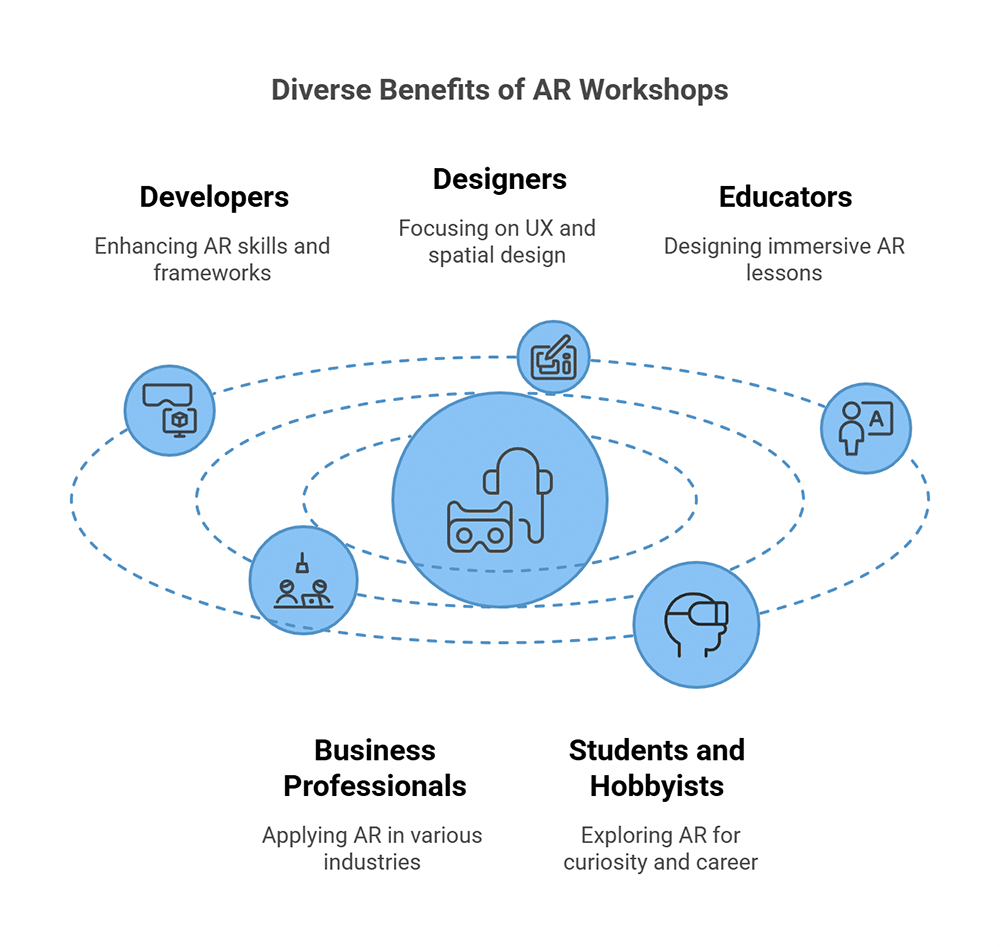
How to Choose the Right AR Training Workshop
Success in an augmented reality workshop also means finding the right match for your own unique needs. Consider the following when looking through your options:
- Skill Level: Consider your current AR skill level and look for a good match. They’ll typically be labeled to make this easier. For example, if you’re starting out, look for an introductory experience. If you have moderate experience, look for an intermediate-level workshop.
- Content Focus: Do you want to learn about writing your own code, how to weave AR into stories, work with user interfaces, or something else entirely? Different workshops will emphasize different elements, so begin by considering your own main interest.
- Format: Some augmented reality workshop options can be done online, while others are instructor-led, in-person courses. The online options might also use varying levels of immersive technology within their presentations. Consider what kind of networking, personal feedback, and pacing would be the best fit.
- Duration: Some AR workshop options can take weeks or months, while others might be done within a weekend. Always ensure the course’s duration matches what you can dedicate.
- Instructor Credentials: The background of the instructors presenting the augmented reality workshop can highlight the material through their expertise. Research their background, including bios and testimonials, to see if their style would be a good fit.
- Tools and Technologies Covered: Does the AR workshop cover the technologies and tools you’re interested in, such as ARKit/ARCore, Unity, and Unreal Engine? Make sure that the augmented reality training aligns with your goals.
- Certification and Outcomes: Consider the outcome of the AR workshop and what it provides – projects for portfolios, certificates, etc. A workshop can offer tremendous advantages to your career path.
Popular Augmented Reality Workshop Providers in 2025
The best AR workshop is found by considering your needs and what the top AR training will provide. Read on to discover the best training providers of 2025.
1. Coursera/Daydream: Introduction to Augmented Reality
This augmented reality learning session comes from the experts at Coursera and Google Daydream. The 10-hour course covers the essential elements of Google Poly, ARCore, and Unity development. It’s especially noteworthy as a way for entire teams within a company to build up a shared AR skillset. Practicality is the keyword here. The augmented reality workshop focuses on quickly bringing developers up to speed with practical skills.
Video: Introduction to Augmented Reality and ARCore – Coursera
2. Coursera/Meta: Meta AR Developer
Meta’s comprehensive AR developer program is designed around the company’s Spark AR. Over the course of six linked courses, the participants will learn how to create truly immersive AR. This includes the use of Blender and Unity along with JavaScript to craft 3D elements. While the workshop provides a wide scope of benefits, it’s especially useful for participants interested in targeting mobile platforms and social media.
3. Coursera/Meta: Foundations of AR
Meta provides an introductory-level AR training session centered around the company’s own toolkits. The workshop is intended for beginners who want to get a better understanding of what AR means for business scenarios. It’s an especially important option for companies that want to ensure that entire teams or departments share a common vision for this exciting new technology.
Video: Build the Metaverse! (Meta AR Developer Professional Certificate on Coursera)
4. Tandon School of Engineering: AR/VR Development
Tandon School of Engineering provides an expansive curriculum covering C# and Unity and how they can be leveraged for end-to-end AR experience design. This seven-month intensive AR session should be given special attention by businesses interested in custom virtual environments for professional use. This would include collaboration, unique customer interactions, and AR-based training. Another notable benefit is the project-centered process. Participants will work through a complex project that demonstrates their grasp of the subject. One that also helps bolster a professional portfolio.
Video: NYU Tandon School of Engineering | UX Design Principles for AR & VR | Webinar
5. MIT xPro: Virtual Reality and Augmented Reality
An augmented reality seminar as part of a larger course can be a powerful tool for professional growth. MIT’s course balances technical and business concerns to provide a unified whole. One that shows people how to use advanced tools to create prototype AR apps, discuss value propositions, and more. The core focus on practical application ensures that it’s a useful addition to any professional path. The MIT xPro’s professional augmented reality course’s focus on professional strategy is one of its most important and unique features.

6. Udemy/Protech Academy: Create Your Own AR Application
This AR workshop specializes in empowering participants with AR through the use of free and popular tools. The technical requirements for the augmented reality hands-on session are relatively low. If you have a smartphone, a computer, and the desire to learn, then you have everything you need. From there, it’s on to learning to create AR cubes and the basics of cross-device protocols. The minimal requirements make it a perfect place to learn from the ground up. By the end, you’ll have mastered the foundational elements of AR development.
7. Coursera/University of Michigan: Extended Reality for Everyone
The University of Michigan offers a two-month augmented reality learning session that provides a solid foundation for both AR and the larger scope of extended reality (XR) solutions. This augmented reality workshop looks at the fundamental principles of the technology, toolkits for development, and developmental methodology. You’re not just learning how to make AR apps; and you’re learning how to avoid common pitfalls and ensure that you’re creating a solid experience for your users.
Video: Extended Reality for Everybody Specialization Review – 2025 | University of Michigan (Coursera)
8. Udemy: Build 15 Augmented Reality Apps
This AR development-focused workshop provides an impressive scope of development. You’ll learn by developing a full fifteen different mobile AR apps. Each app highlights a distinct element to demonstrate your newfound skills. Some examples include AR customer support systems, sales, marketing, and digital business cards that exist in AR and provide a distinct touch. The workshop is heavy on practicality and business use. The scope also ensures that you’ll have an impressive portfolio to work with.
Video: Build 15 Augmented Reality (AR) apps with Unity & Vuforia – Learn Augmented Reality
9. Udemy: Augmented Reality with Unity
Unity is one of the most popular ways to build AR experiences, and this beginner-accessible AR curriculum provides the perfect way to start. The AR workshop teaches the basics of both iOS and Android AR development with compass, 3D object recognition, and GPS support. The workshop ensures that workflow is compatible with both mobile platforms. Likewise, it emphasizes real-world usage scenarios over more theoretical concepts.
10. MIT Media Lab and Stanford University
MIT and Stanford provide augmented reality workshops and research-based seminars targeted at participants who’ve already mastered most elements of the field. In fact, it’s a proven method for a company to gain additional competitive advantages by elevating talented developers even further. You can discover cutting-edge AR technologies and techniques presented by experts within their fields. The use cases of these technologies often bridge current practical applications to theoretical concepts that are ready to make their debut in the world.
Video: How MIT Builds Cities Using Lego and Augmented Reality | Science of Teams | Wired
How You Can Benefit from Attending an AR Workshop
These are the major elements that you’ll typically learn in an augmented reality workshop.
- Software Proficiency: An AR development workshop is an excellent way to learn about AR development tools like Unreal Engine, AR Foundation, and ARKit/ARCore.
- 3D Modeling and Animation: You can learn everything from foundational to advanced elements of 3D assets. Learn to create, manipulate, implement, and maneuver them through spatial relationships.
- Marker-Based vs. Markerless AR: An AR course can teach the various tracking implementations, how to choose between them, and which factors should influence those decisions.
- User Experience Design: Attendees at an augmented reality workshop can learn about the extra elements of user design that are needed when conceptualizing intuitive, easy-to-understand AR interfaces.
- Performance Optimization: AR requires careful optimization to run on a wide variety of devices. An AR workshop shows how to accomplish this by optimizing both code and assets.
- Testing and Debugging: An augmented reality class can teach the methodology used to test and debug your creations to ensure that they’ll run stably over the entire AR ecosystem.
The Role of Augmented Reality in Modern Classrooms
Education is one of the most important sectors for these new AR technologies. Instructors are leveraging AR to bring a variety of subjects to life through immersive 3D imagery. An augmented reality hands-on session lets people experience a lesson rather than just listening to it. AR makes theory become practice. You can learn how AR is already being used in education and its impressive results in the article “The Role of Augmented Reality in Modern Classrooms.”
Augmented Reality Builder Options; Building Your Digital Dreams
You’ve seen how the various options for an AR workshop present a variety of options. You have a lot of choices when considering development platforms for AR. It’s important to really consider your needs and how these various choices might match them. You can discover how to judge feature sets of development platforms to find the perfect option in the article “Augmented Reality Builder Options; Building Your Digital Dreams.”
Augmented reality workshop options give you the chance to choose exactly what you want to learn. It’s a structured environment with proven methodology. However, getting the most out of them means making the decision to consider your options and sign up for a new future.
Did You Like This Article About AR Workshops?
You might also be interested in the following articles:
- How AI-Powered Immersive Learning Can Transform the Way You Study
- How Augmented Reality Entertainment is Transforming Media
- Best AR Games: Top Augmented Reality Games to Play
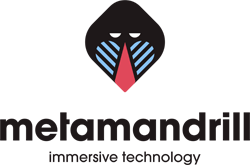
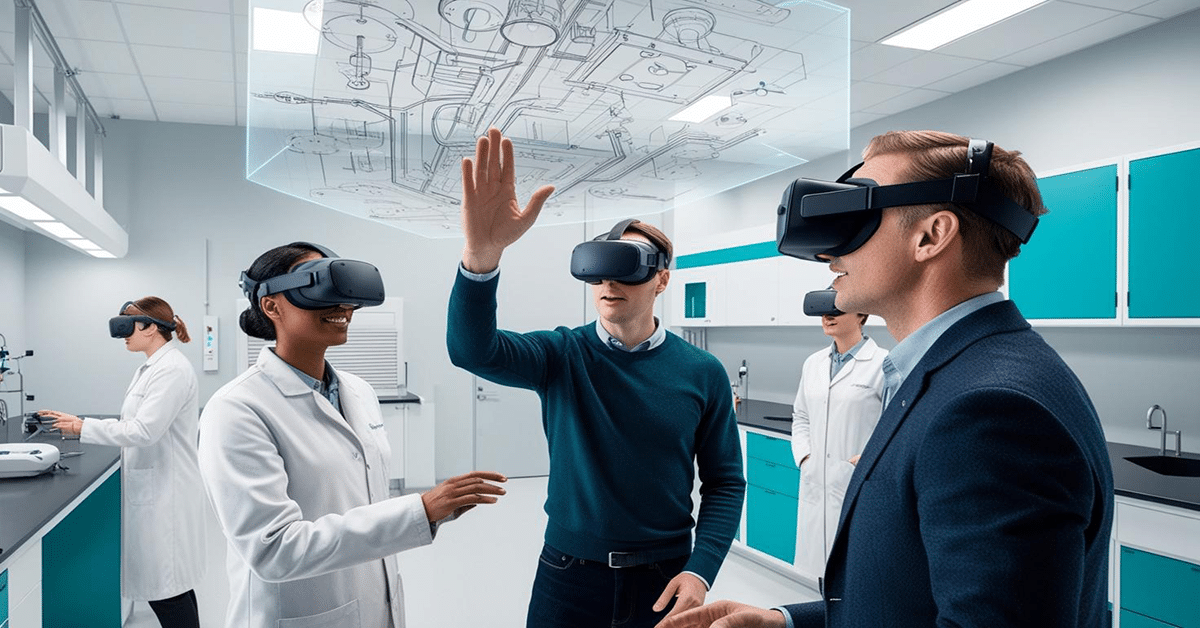
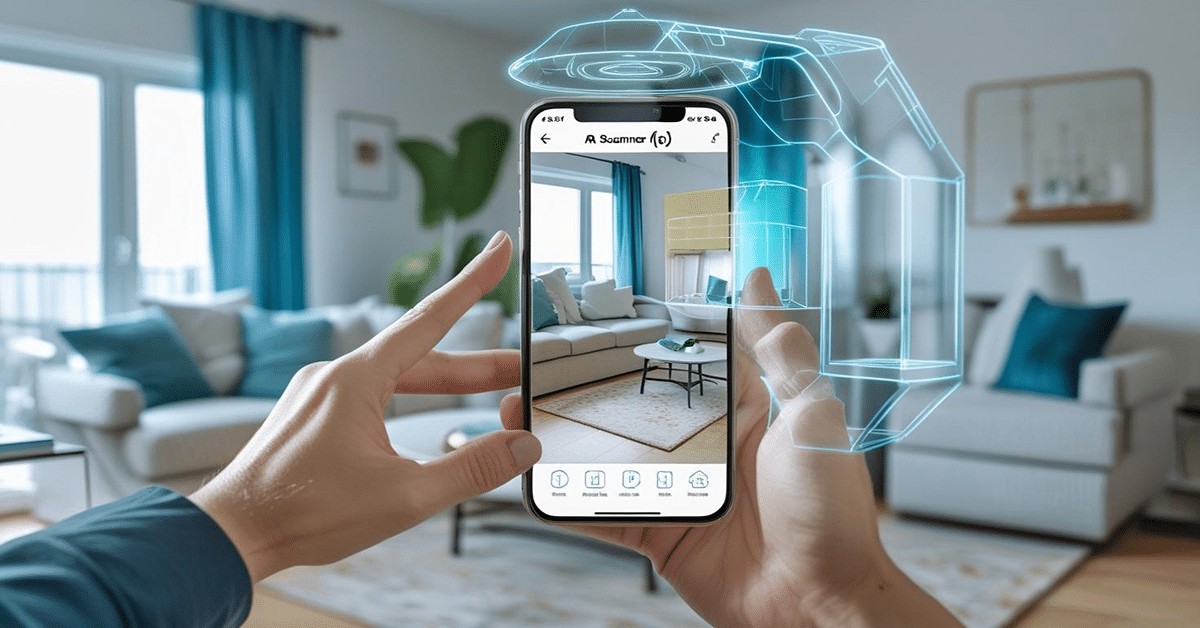

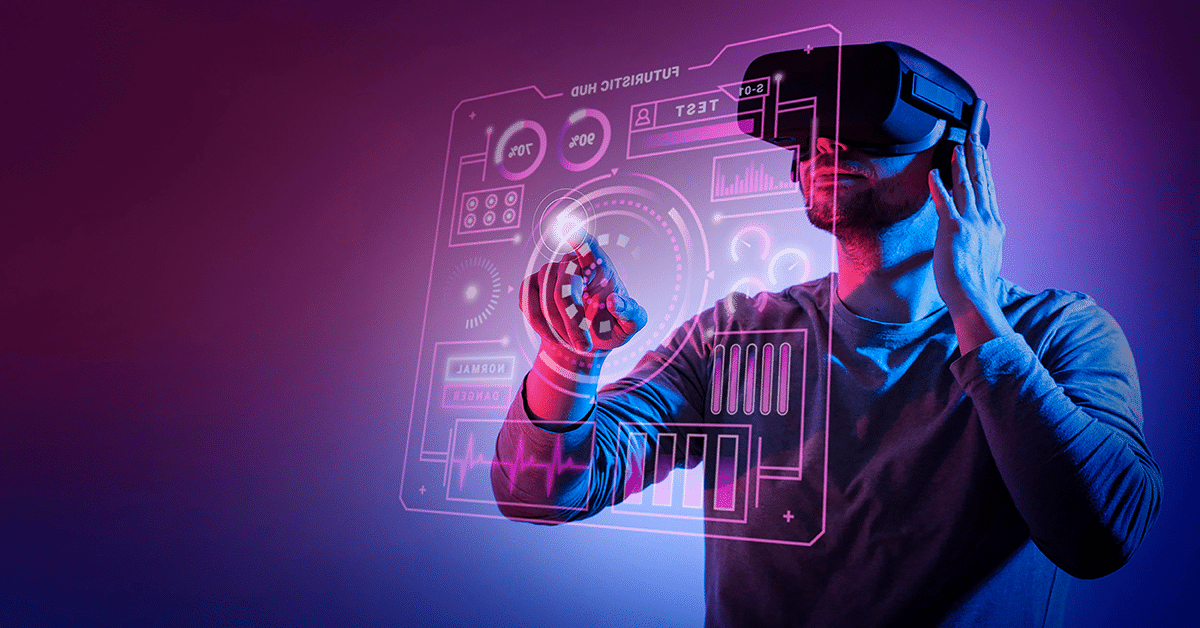
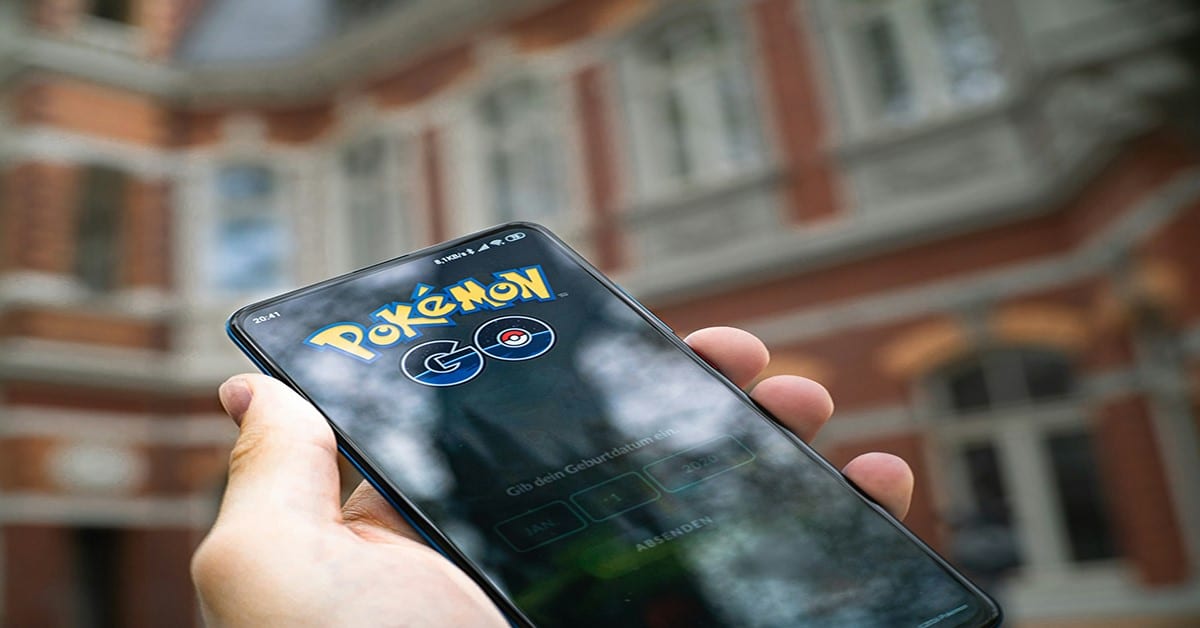
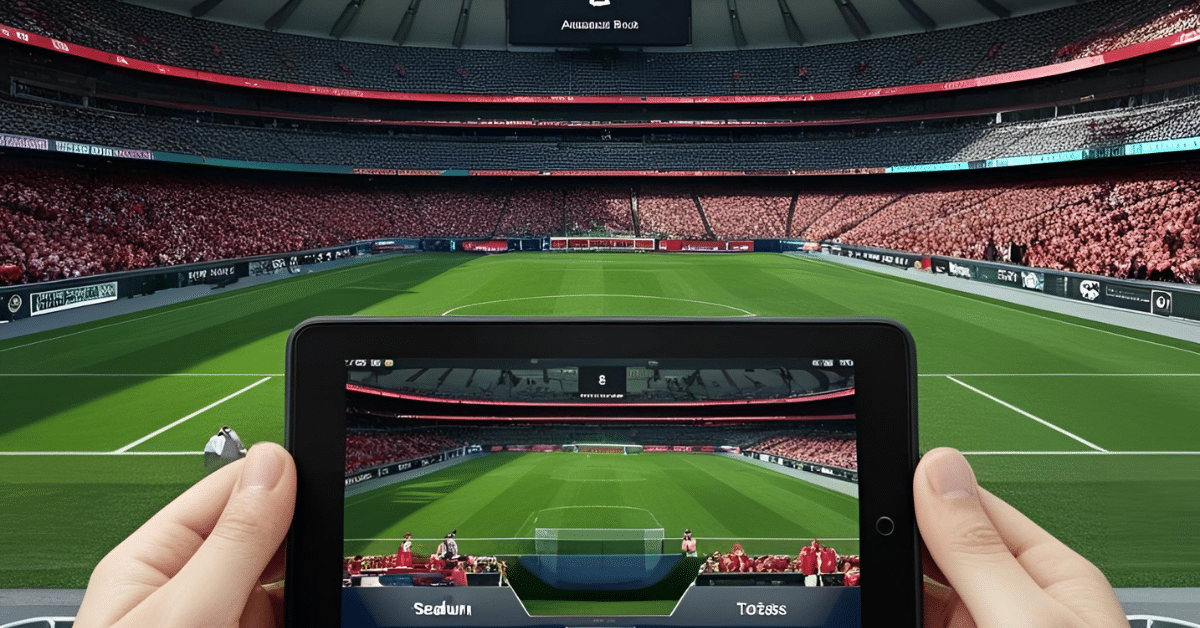


Leave A Comment